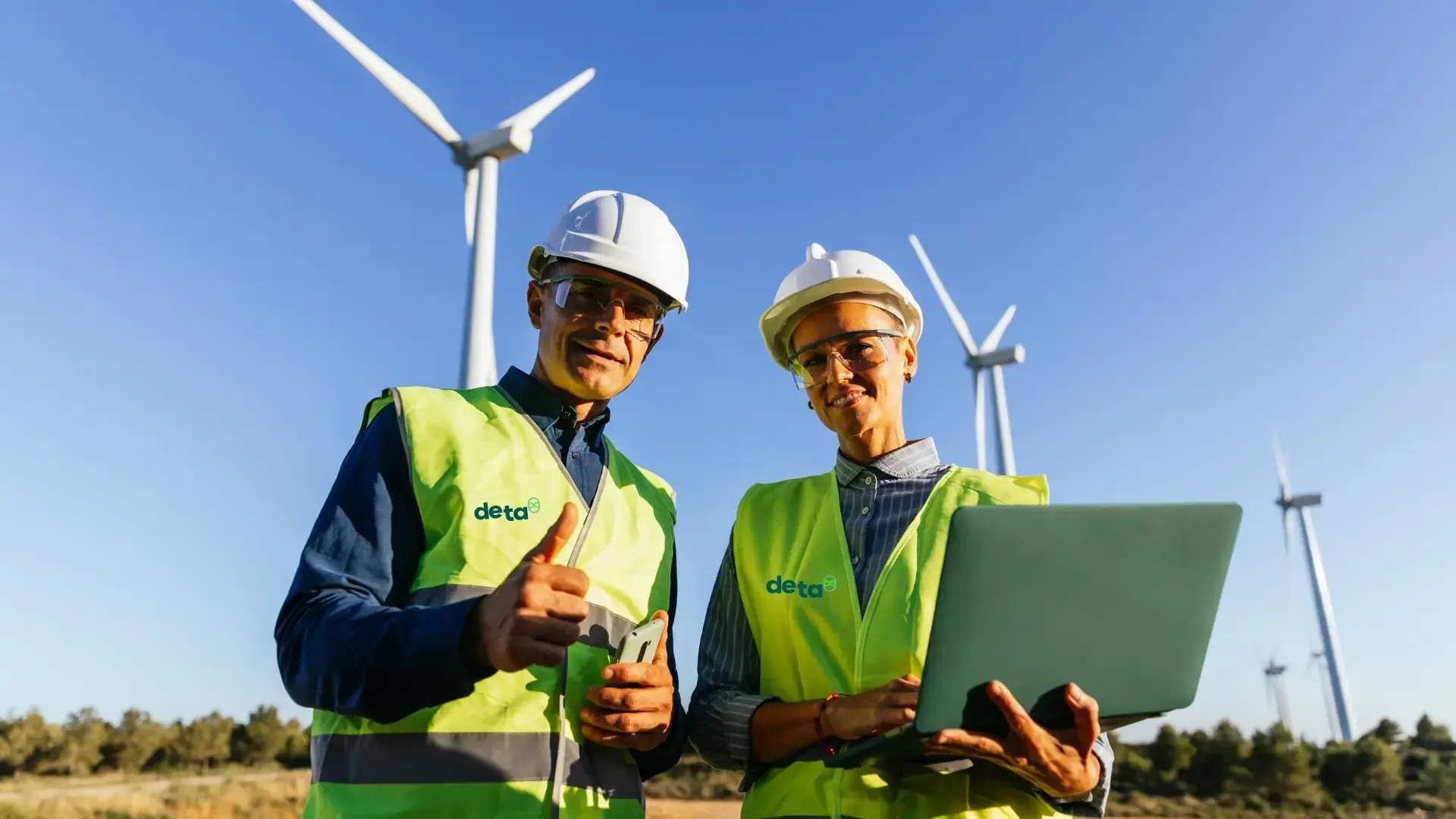Sustainable Business Council Climate Action Priorities Briefing
Sustainable Business Council
Climate Action Priorities Briefing
Briefing Issued to Incoming Government Containing Climate Action Priorities
Problem
Sustainable business council (SBC) and Climate leaders coalition (CLC) were looking to engage proactively with the central government and outline the key policy changes, and projects, that can be implemented to accelerate the transition towards a carbon zero New Zealand in 2050 as provided for in legislation.
Solution
SBC engaged DETA to provide priority recommendations on what the incoming government can do to make the transition to a net zero New Zealand by 2050 go faster, including policies and a collective view on the projects that would qualify for the $12b stimulus package, and how this aligns with the Climate Change Commission’s six principles.
Outcome
The briefing was issued to the incoming government containing 26 recommendations to accelerate New Zealand’s transition to decarbonisation.





